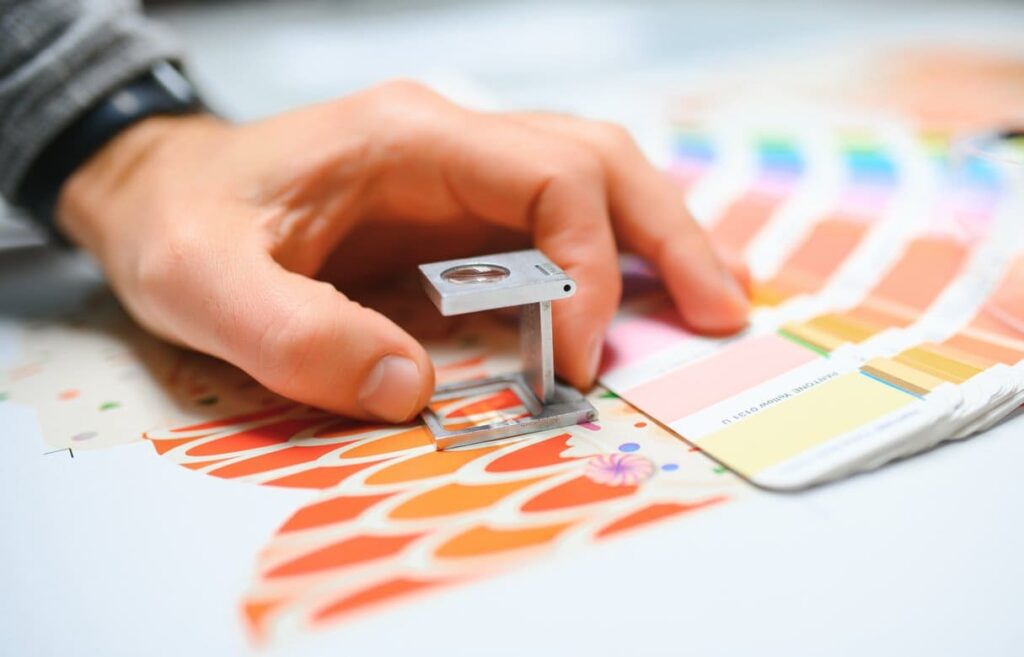For printers and converters, reuse conversations typically focus on inks and substrates, but a major opportunity lies in printing plates. Using plates more systematically can conserve materials, lower environmental impact, and improve turnaround times and cost-efficiency, with the main challenge being how to identify reuse opportunities.
The hidden cost of redundancy
Label or packaging prepress departments may receive thousands of artwork files from brand owners, most of which lead to new plates being made. However, many of these are functionally identical to existing plates, or only need minor modifications to be reused. This redundancy arises because of the labour-intensive task of identifying whether separation files are close enough to justify reusing a plate. The associated manual checks can waste hours of valuable time that could be better spent elsewhere, and each unnecessary remake means extra material, additional costs, and higher lead times before the job even gets close to the press.
The implications of remaking plates do not stop at prepress. When presses are delayed by excessive job changes, each requiring a full set of plate replacements, the accumulated minutes quickly become multiple hours lost. Minimising these unnecessary changes is one of the most direct routes for transforming efficiency and profitability in the industry.
Intelligent reuse
Brain4Tools by The Grey Elephant addresses this by treating plates not as single-use assets but reusable ones whose applicability can be accurately traced through automation.
By converting artwork into a standardised single-separation PDF and comparing it against a centralised database, Brain4Tools takes on the heavy lifting traditionally reserved for human intervention. Subtle similarities that might not be noticed at first glance can be quickly identified. Plates that could be reused with minimal intervention are automatically flagged as candidates, and jobs are sequenced in ways that maximise commonality. What emerges is a production workflow that transforms reuse from a mere target into a predictable, manageable reality.
This capability overhauls the economics of prepress. The cost savings are immediate and tangible: fewer redundant plates are manufactured, less waste material moves through the system, job changeover times become shorter, and the burden on skilled operators’ time is reduced.
Press time is profit time
One of the most compelling examples of this shift comes when analysing press efficiency. When jobs are scheduled without any awareness of plate reuse, plates are dismantled and replaced every time a SKU is queued. In a day full of shorter runs, this results in countless minutes being spent swapping out tools.
In contrast, a workflow where sequencing is informed by automation offers multiple benefits. Brain4Tools can arrange job queues so that runs with overlapping separations are grouped, reducing the need for tool changes. For the operator, this means less downtime, fewer interruptions, and a more manageable rhythm to each shift. For the company, it represents substantial savings at a level where margins are most sensitive.
Knowledge captured
Beyond direct financial impacts, there is another crucial dimension to reuse: knowledge. In many printing plants, the ‘brain’ of the operation has historically rested with a handful of experienced individuals who instinctively which plates might be reused or slightly adjusted. However, as staff retire, move roles, or change companies, their knowledge and skills are lost along with them.
Brain4Tools ensures that reuse no longer depends on memory or instinct. The software becomes an organisational memory, serving as a dependable system that reduces vulnerability to staff turnover while augmenting the skill and judgement of those who remain.
The long view
When discussing reuse in printing it can be easy to think just in terms of materials spared or pounds saved. However, reuse is about how an industry conventionally seen as resource-hungry can use intelligent automation to turn the tide on waste. It is about a mindset shift, moving from reactive labour-intensive duplication to proactive, data-driven action.
Brain4Tools is part of a broader digital transformation sweeping across the printing and packaging sector. This transformation is one where automation, connectivity, and intelligence reinforce human expertise rather than replacing it. By placing reuse at the centre of operations, printers are not only reducing costs today but also building more resilient, sustainable business for the future.





